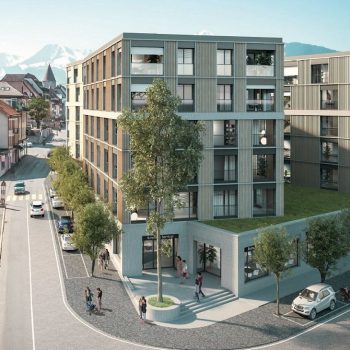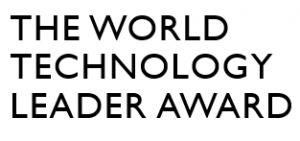The study, produced by The Smart City Observatory (SCO), part of the IMD World Competitiveness Center (WCC), combines hard data and survey responses to show the extent to which technology is enabling cities to address the challenges they face to achieve a higher quality of life for their inhabitants.
“We are delighted to be able to convey citizens’ real experience of living where they do thanks to having recently acquired city-level data from the Global Data Lab’s Human Development Index (HDI), an improvement on the country-level data we used in previous editions,” said Bruno Lanvin, the SCO’s Director. HDI measures life expectancy, expected years of schooling and the mean years of education completed, as well as the per capita income of citizens. Zurich (also 1st in 2021 – the last time the Index was released) took the lead, with Oslo (2nd in 2021) coming in second, and Canberra (a new entrant to the Index) third. The Index looked into city living in 141 cities, casting its net much wider than in 2021 when the total was 118. In 2023, some 20,000 citizens were surveyed about living in their cities; they were asked which were the most urgent priorities, from affordable housing and road congestion to fulfilling employment and green spaces. They were also asked about various structures and technologies in a bid to determine whether tech-based solutions are effectively addressing their major concerns. Finally, they were asked how comfortable they felt with technologies such as face recognition and sharing personal data to improve traffic congestion.

Out of the ‘top 20’, six cities have been continuously improving their performance since 2019. These so-called “super-champions” in the Index’s report are Zurich, Oslo, Singapore, Beijing, Seoul and Hong Kong. The 2023 findings also demonstrate the increasing “smartness” of second-tier cities such as Montreal, Denver, Lausanne, Bilbao, Bengaluru, Brisbane, Busan, Sydney, Hong Kong and Shanghai. The Index serves as a valuable benchmark for progress on openness, innovation, inclusivity and sustainability. “In these times of great geopolitical power shifts, cities and their leaders are becoming more visible on the international stage, and citizens are increasingly valuing inclusion and diversity in the places they choose to live,” Lanvin said. This year, the Seoul-based World Smart Sustainable Cities Organization (WeGO) is partnering with IMD to formally recognize efforts in smart city development by awarding a new prize, the Seoul Smart City Prize, in September. The prize is designed to promote an innovative and inclusive smart city model that looks after underprivileged groups in the era of the Fourth Industrial Revolution. Among the 141 cities studied in the Index – which is 20% more than in the 2019 edition – 26 of WeGO’s member cities were evaluated.
Find the entire IMD Smart City Index Study here.










